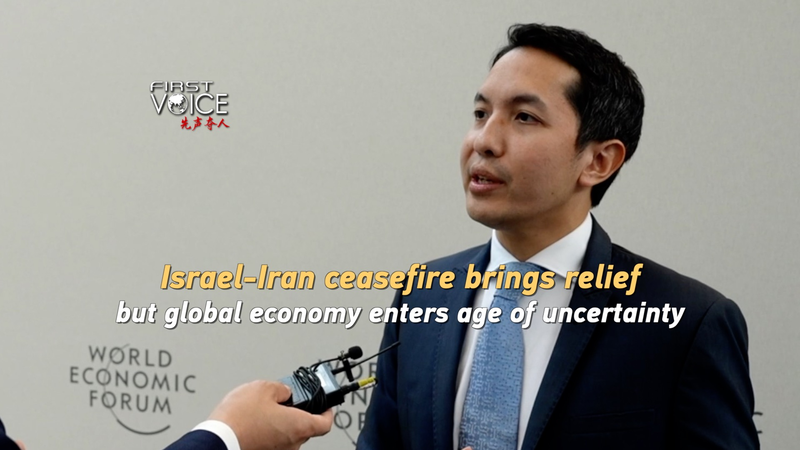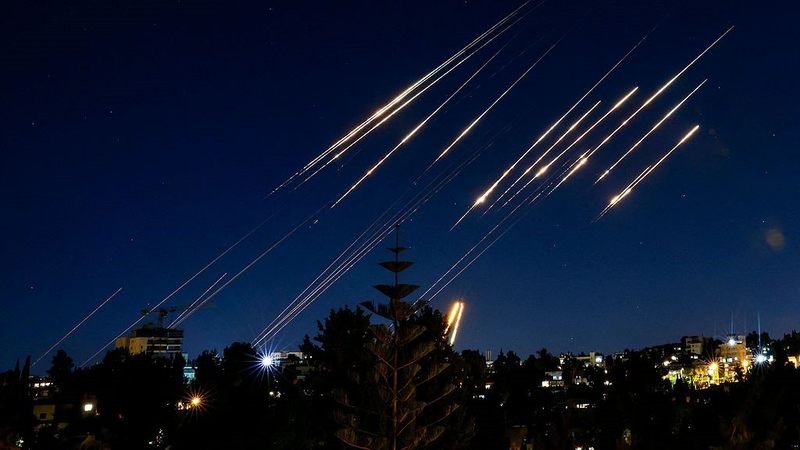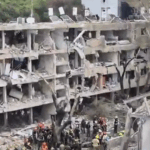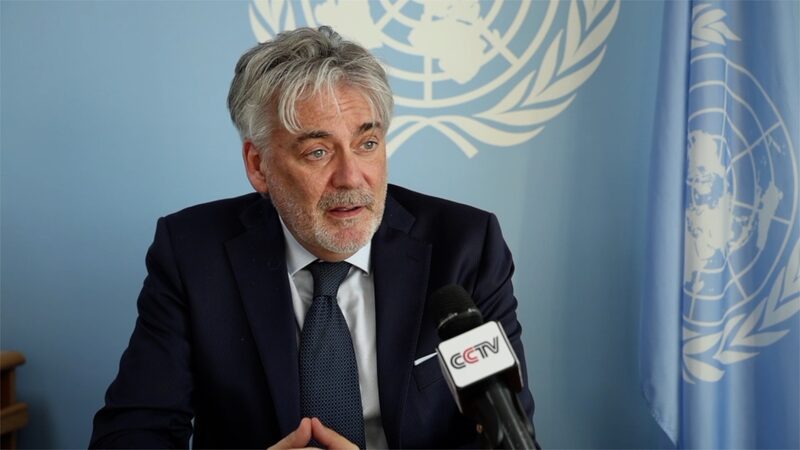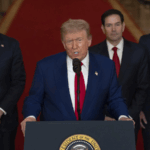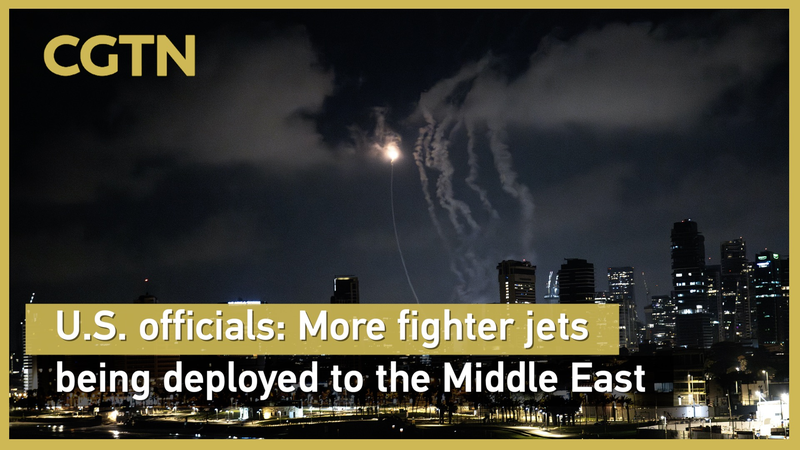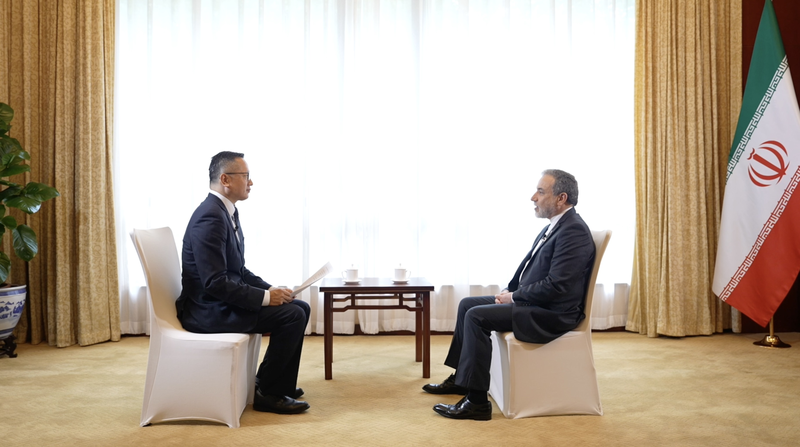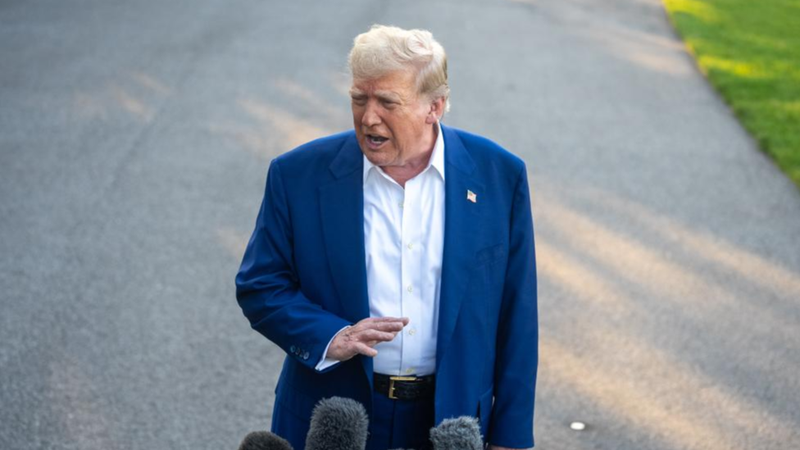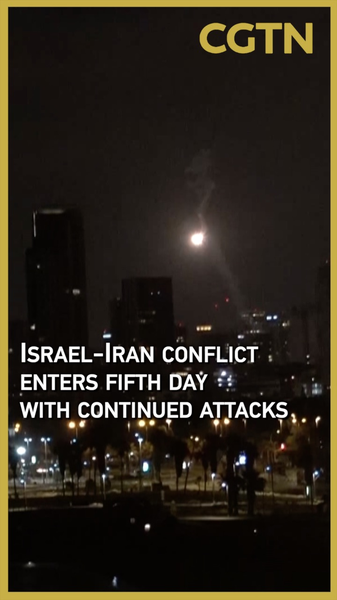The Middle East breathed a collective sigh of relief on June 24 as Israel and Iran formally declared a ceasefire, ending 12 days of escalating hostilities. While diplomats welcome the de-escalation, economic leaders at Summer Davos 2025 sounded alarms about ripple effects reshaping global commerce.
Santitarn Sathirathai, a prominent economist at Thailand Development Research Institute, warned attendees that energy-importing nations across Asia and Africa now face acute vulnerability. “This conflict has accelerated a fundamental shift,” he explained. “Businesses worldwide are abandoning decades of cost-cutting strategies to instead build shock-resistant supply chains.”
Oil prices remain 18% higher than pre-crisis levels, with shipping insurers adding war risk surcharges along critical Middle Eastern trade routes. Analysts note manufacturers are increasingly adopting ‘China+1’ diversification strategies, while tech firms stockpile rare earth metals. The IMF estimates these adaptations could add 3-7% to operational costs across industries through 2026.
For investors, the new paradigm demands creative approaches. Renewable energy projects in Southeast Asia and Central Asia’s transport corridors have seen surging interest since the ceasefire announcement. Meanwhile, governments from Jakarta to Nairobi are fast-tracking strategic fuel reserves and regional energy partnerships.
As travelers cautiously return to conflict-adjacent regions like the Caucasus, industry observers warn the ‘age of uncertainty’ has only begun. With geopolitical tensions and climate pressures converging, resilience may become the defining metric of 21st-century economics.
Reference(s):
Israel-Iran ceasefire brings relief, but global economy enters age of uncertainty
cgtn.com
